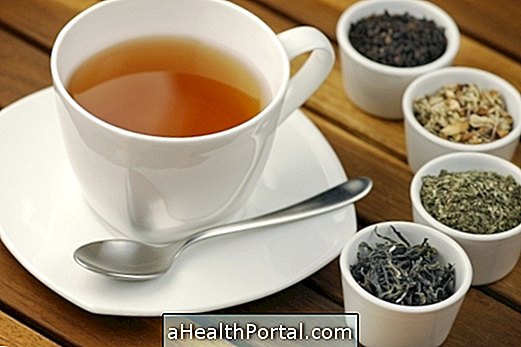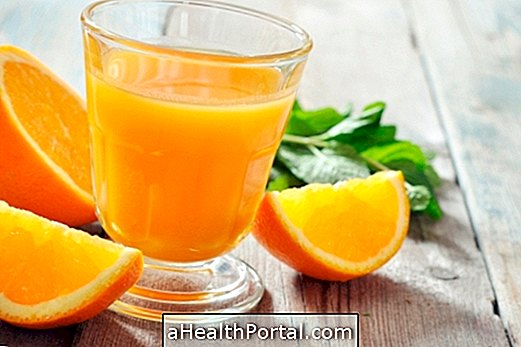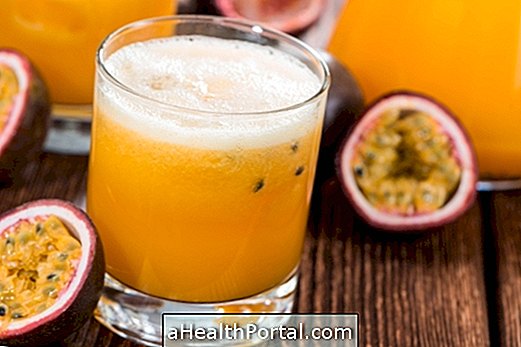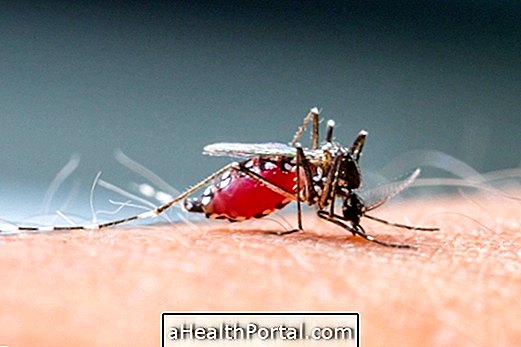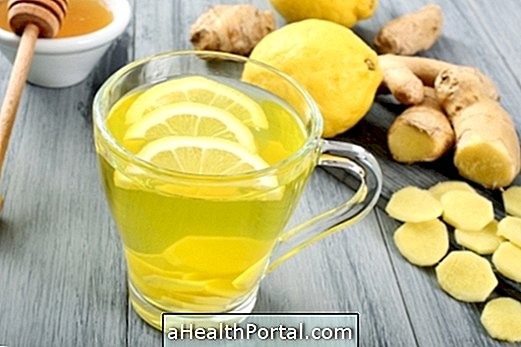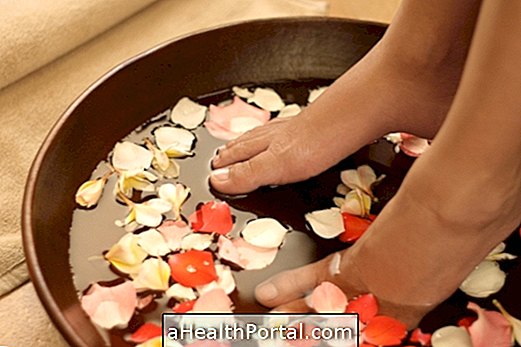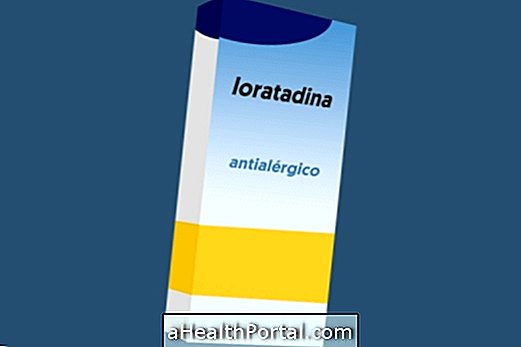Cane molasses is a natural sweetener that can be used to replace sugar, bringing advantages by containing nutrients such as calcium, magnesium and iron.
The molasses is a syrup produced from the evaporation of sugarcane juice or during the production of rapadura, and has a strong sweetening power. Due to its nutrients, it brings the following health benefits:
- Prevent and combat anemia by being rich in iron;
- Help maintain bone health and prevent osteoporosis by containing calcium;
- Help relax and control the pressure due to its magnesium content;
- Favor muscle contraction, as it contains phosphorus and potassium;
- Strengthen the immune system by containing zinc.
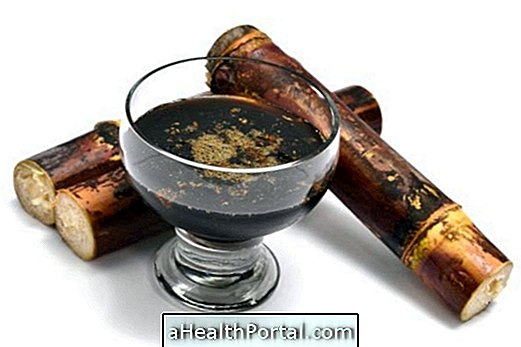
Despite the benefits, molasses is still a type of sugar and should be consumed in moderation, and it is important to remember that it is not a good option in cases of diabetes and kidney disease. See also the benefits of the rapadura and the care that must be taken during its consumption.
Other natural sugars
Other natural sugar options that can replace white table sugar are brown sugar and demerara, which are also derived from sugarcane, coconut sugar and honey. See all the benefits of honey.
The following table gives the nutritional information for 100 g of each type of sugar:
| Sugar | Energy | Iron | Calcium | Magnesium |
| Crystal | 387 kcal | 0.2 mg | 8 mg | 1 mg |
| Mascavo and Demerara | 369 kcal | 8.3 mg | 127 mg | 80 mg |
| Honey | 309 kcal | 0.3 mg | 10 mg | 6 mg |
| Mellow | 297 kcal | 5.4 mg | 102 mg | 115 mg |
| Coconut sugar | 380 kcal | - | 8 mg | 29 mg |
It is important to remember that all types of sugars, even natural and organic, should be consumed in moderation, as their excess can cause problems such as high triglycerides, high cholesterol, diabetes and liver fat.
Natural and artificial sweeteners
Sweeteners are zero or low calorie choices that can be used to replace sugar, help you lose weight and control diseases like diabetes. There are artificial sweeteners, such as Monosodium Cyclamate, Aspartame, Acesulfame Potassium and Sucralose, and sweeteners from natural sources such as Stévia, Tamaltina and Xylitol.
See the table below for the amount of calories and sweetness of these substances:
| Sweetener | Type | Energy (kcal / g) | Sweetening power |
| Acesulfame K | artificial | 0 | 200 times more than sugar |
| Aspartame | artificial | 4 | 200 times more than sugar |
| Cyclamate | artificial | 0 | 40 times more than sugar |
| Saccharin | artificial | 0 | 300 times more than sugar |
| Sucralose | artificial | 0 | 600 to 800 times more than sugar |
| Stévia | Natural | 0 | 300 times more than sugar |
| Sorbitol | Natural | 4 | half the sugar's power |
| Xylitol | Natural | 2.5 | same sugar power |
| Taumatina | Natural | 0 | 3000 times more than sugar |
| Erythritol | Natural | 0.2 | has 70% of the sugar sweetness |
As some artificial sweeteners may be linked to health problems like headaches, nausea, changes in the intestinal flora and even cancer, the ideal is the use of natural sweeteners. See How to use Stevia to replace sugar.
In addition, in cases of high blood pressure and renal insufficiency, one should be aware of the sodium content of the sweeteners, and it is important to remember that patients with renal insufficiency should avoid the use of Acesulfame of Potassium, since they usually need to reduce potassium consumption in the diet. Learn about the health risks of Aspartame.

